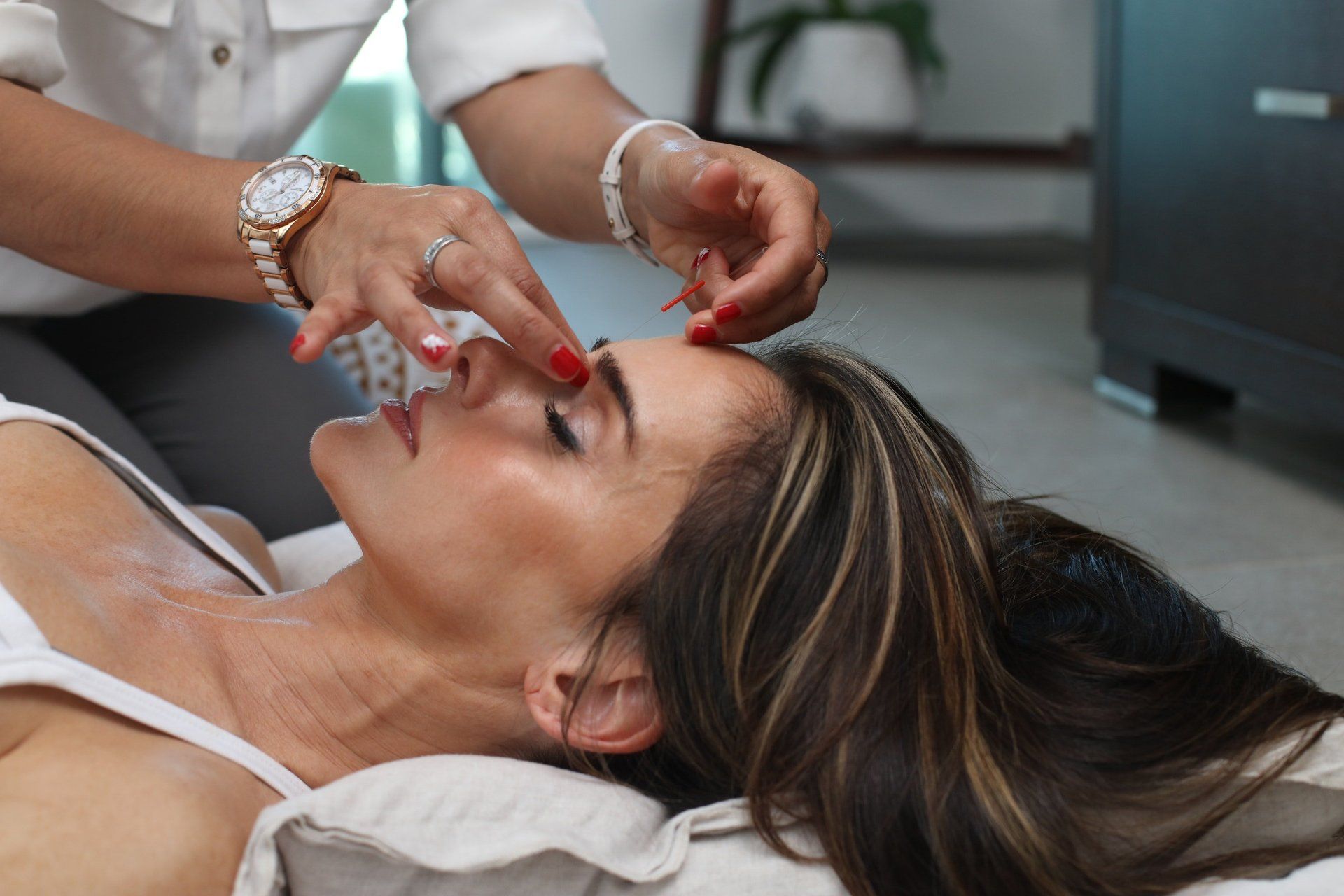
Eating right benefits your body far beyond just weight control. A well-balanced, nutrient-rich diet impacts everything from your skin and mood to energy levels and long-term health. Here's how:
Mood & Mental Health
- Stable blood sugar levels (from whole grains, fiber, and protein) help reduce mood swings and irritability.
- Omega-3 fatty acids (found in fish, flaxseeds, walnuts) are linked to lower rates of depression and anxiety.
- B vitamins (especially B6, B12, and folate) support neurotransmitter function—important for mood regulation.
- A healthy gut (fueled by probiotics and fiber) communicates with the brain through the gut-brain axis and can improve mood and reduce stress.
Skin Health
- Antioxidants (from berries, leafy greens, and colorful vegetables) protect skin cells from oxidative stress, slowing aging and improving glow.
- Hydration from water-rich foods like cucumbers, watermelon, and citrus helps keep skin plump and clear.
- Healthy fats (like those in avocados, nuts, and olive oil) support the skin barrier and reduce inflammation, helping with acne and dryness.
- Zinc and selenium (found in seeds, seafood, and whole grains) help fight acne and promote healing.
Energy & Productivity
- A balanced intake of complex carbs (like oats and quinoa) provides sustained energy, unlike simple sugars that cause crashes.
- Iron (from leafy greens, beans, red meat) and vitamin C (from citrus, peppers) work together to prevent fatigue and boost alertness.
- Magnesium (from nuts, seeds, and legumes) supports energy production at the cellular level.
Immune Support & Disease Prevention
- Vitamins A, C, D, and E, along with minerals like zinc and selenium, keep the immune system strong.
- Diets rich in fruits, vegetables, and healthy fats lower inflammation and reduce the risk of chronic diseases like diabetes, heart disease, and cancer.
Better Sleep
- Tryptophan (in turkey, seeds, oats) helps produce melatonin and serotonin—hormones essential for good sleep.
- Avoiding caffeine and sugar late in the day supports deeper, more restful sleep cycles.
In short, eating right supports your whole self—not just the scale. Think of food as fuel and medicine. It affects your brain, skin, immune system, and emotional well-being just as much as your waistline. If you want to be on your way to better overall health give Whole Family Healthcare a call at 407-644-2990 and be on your way to better health!












